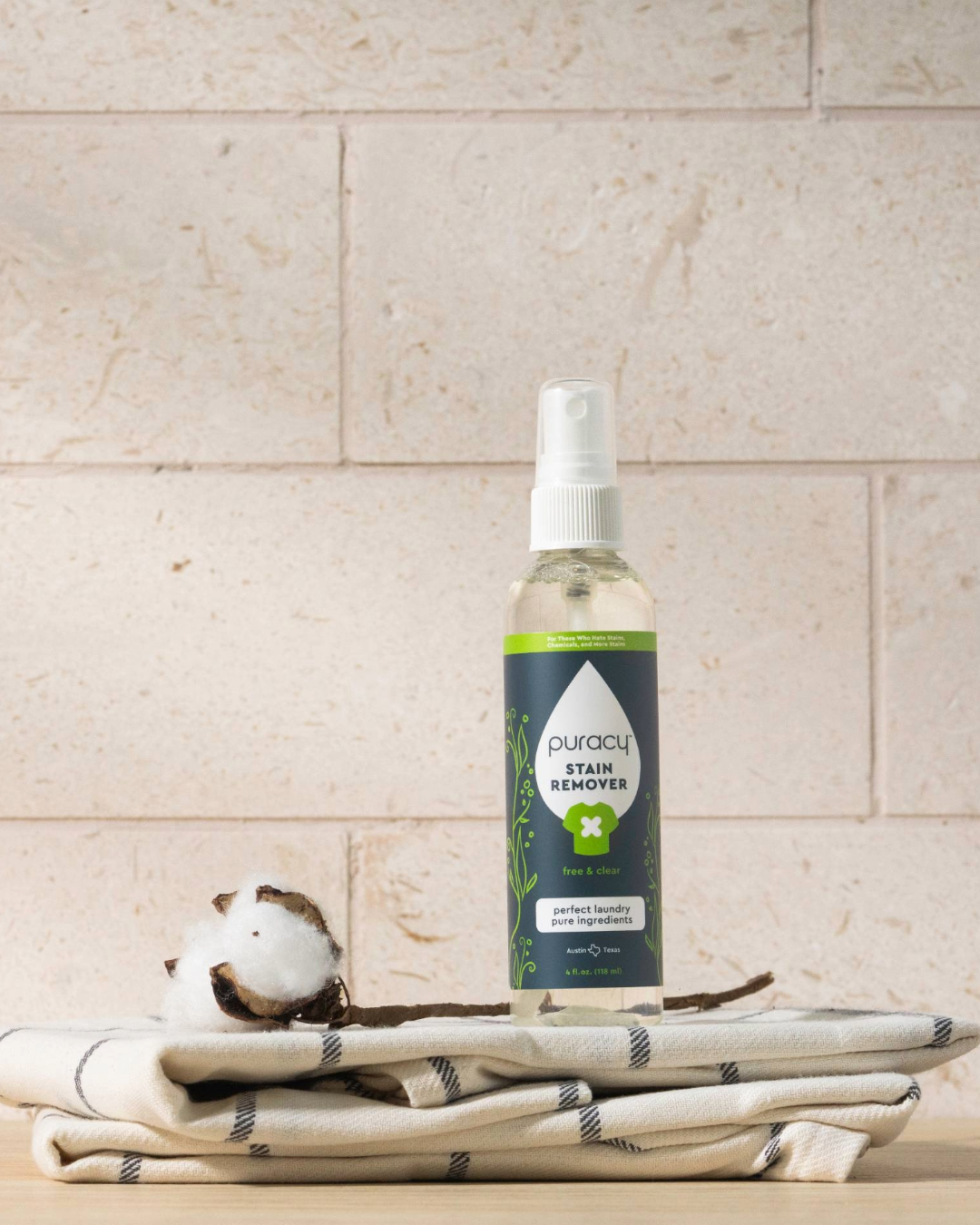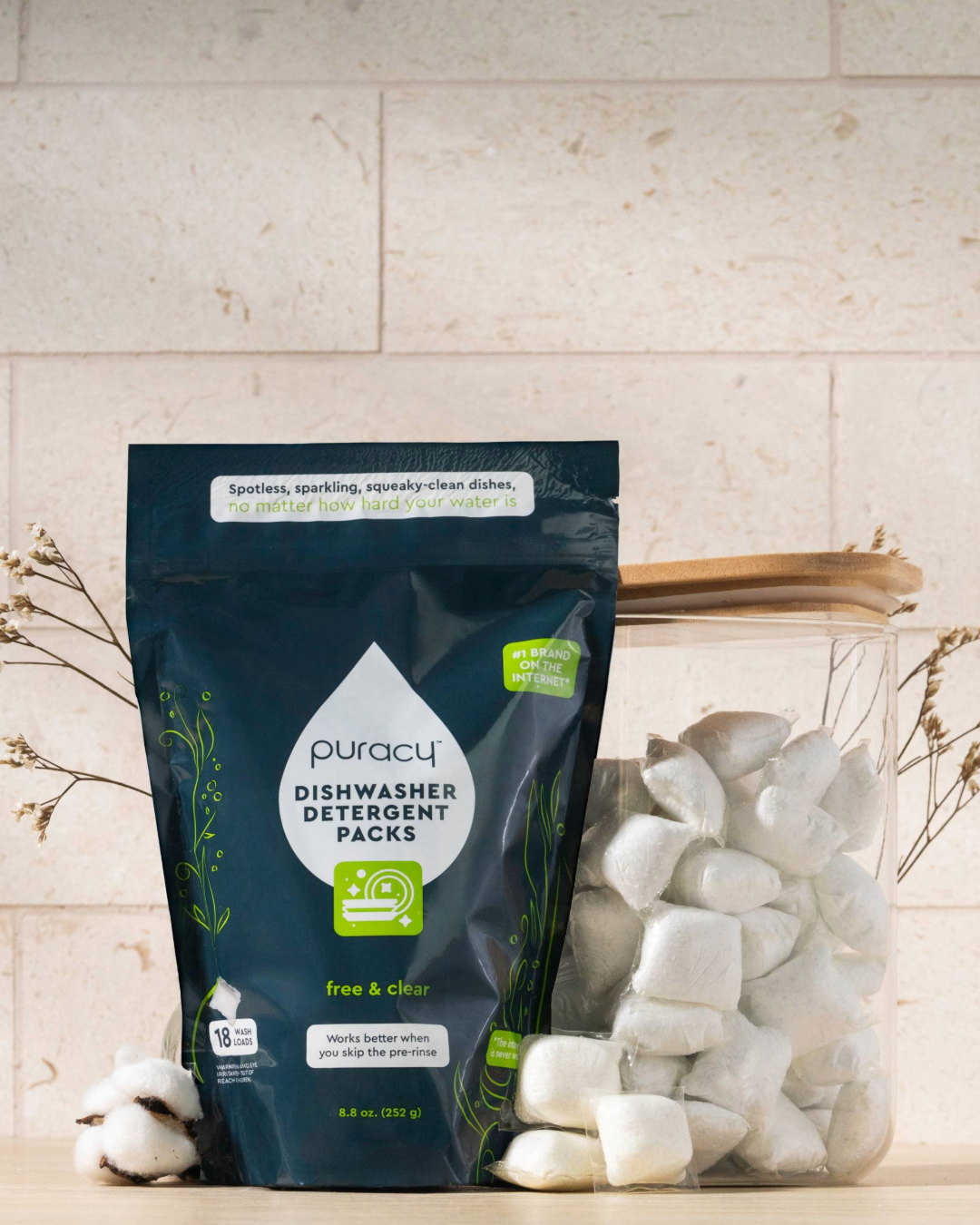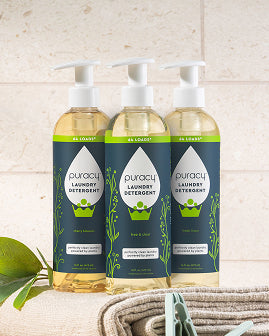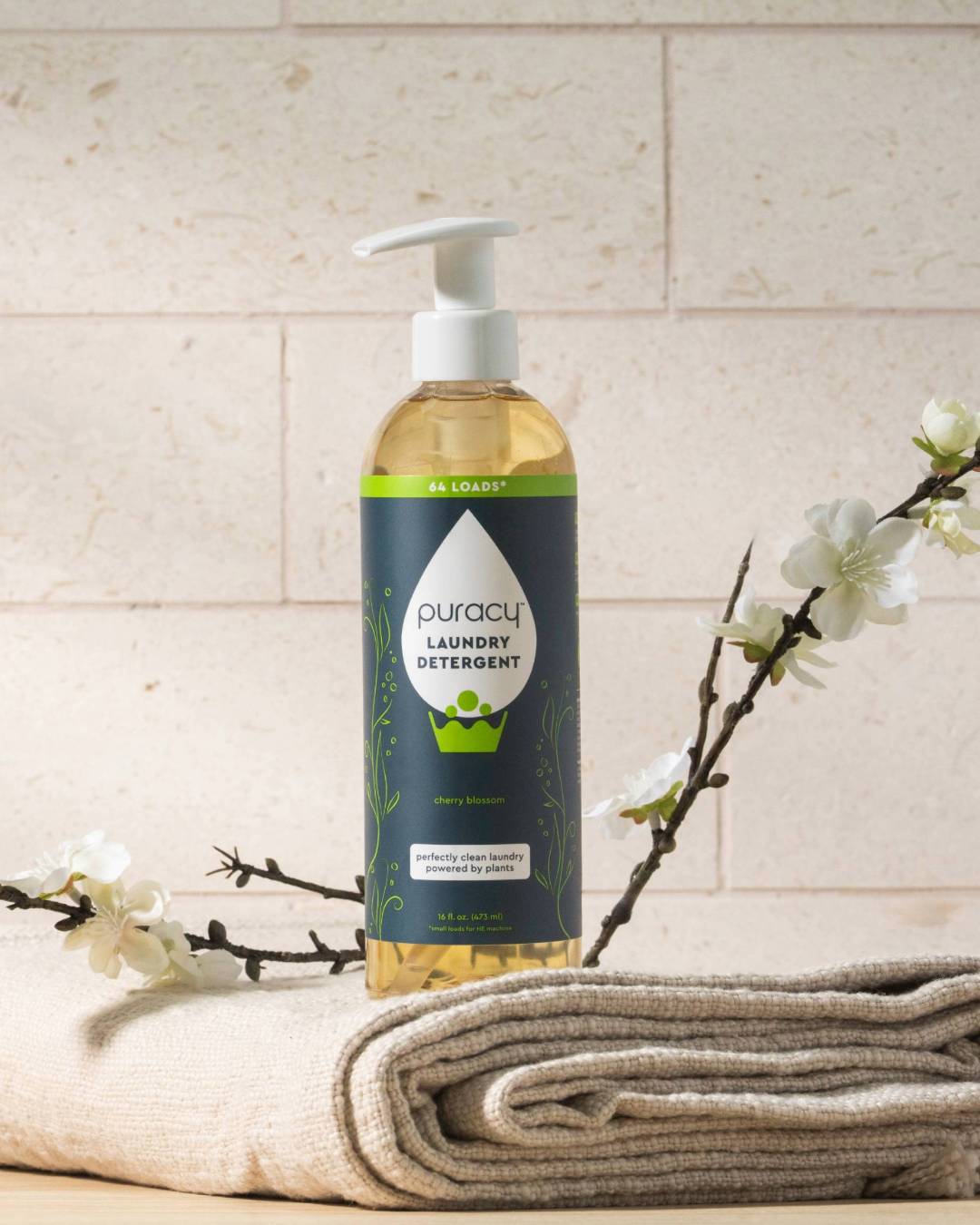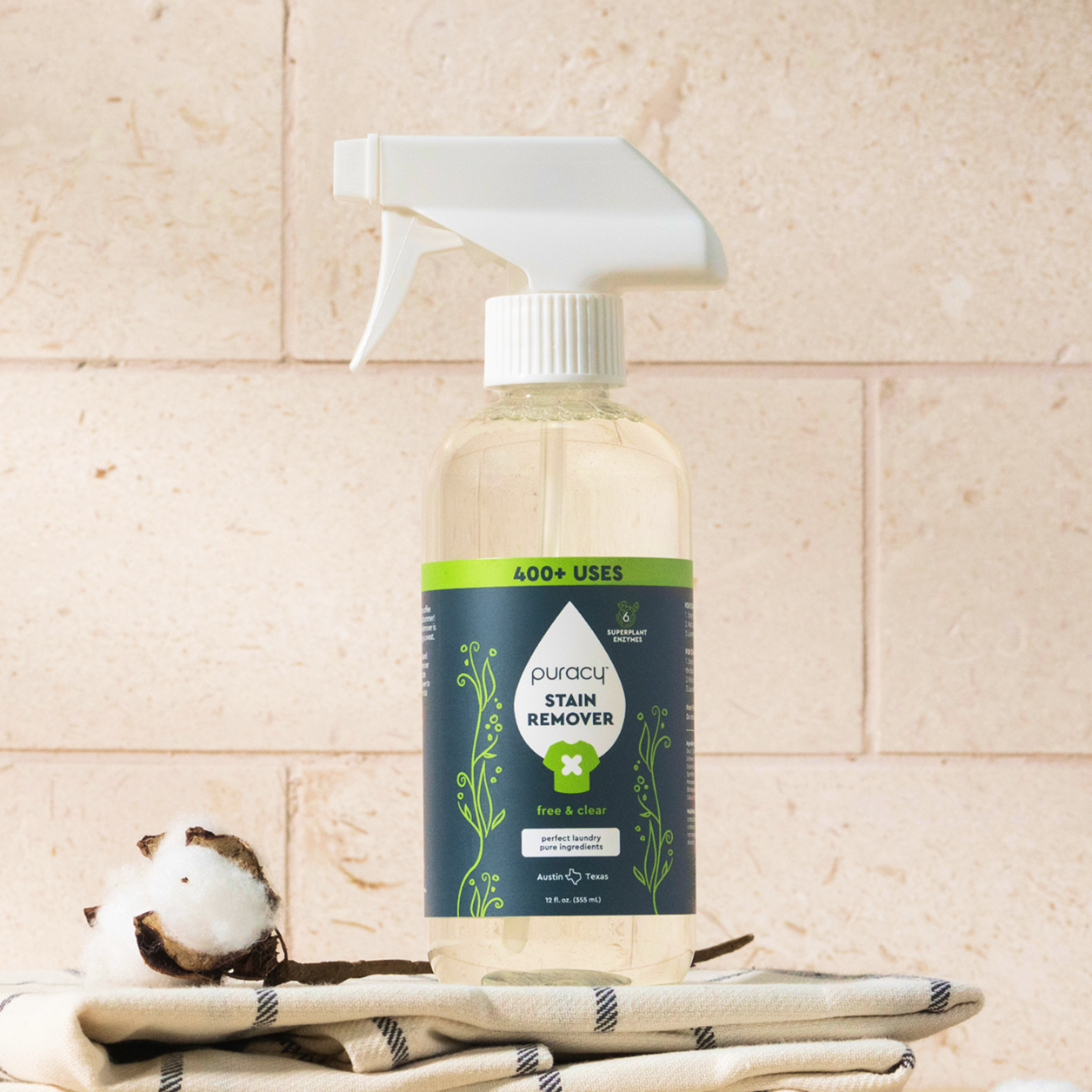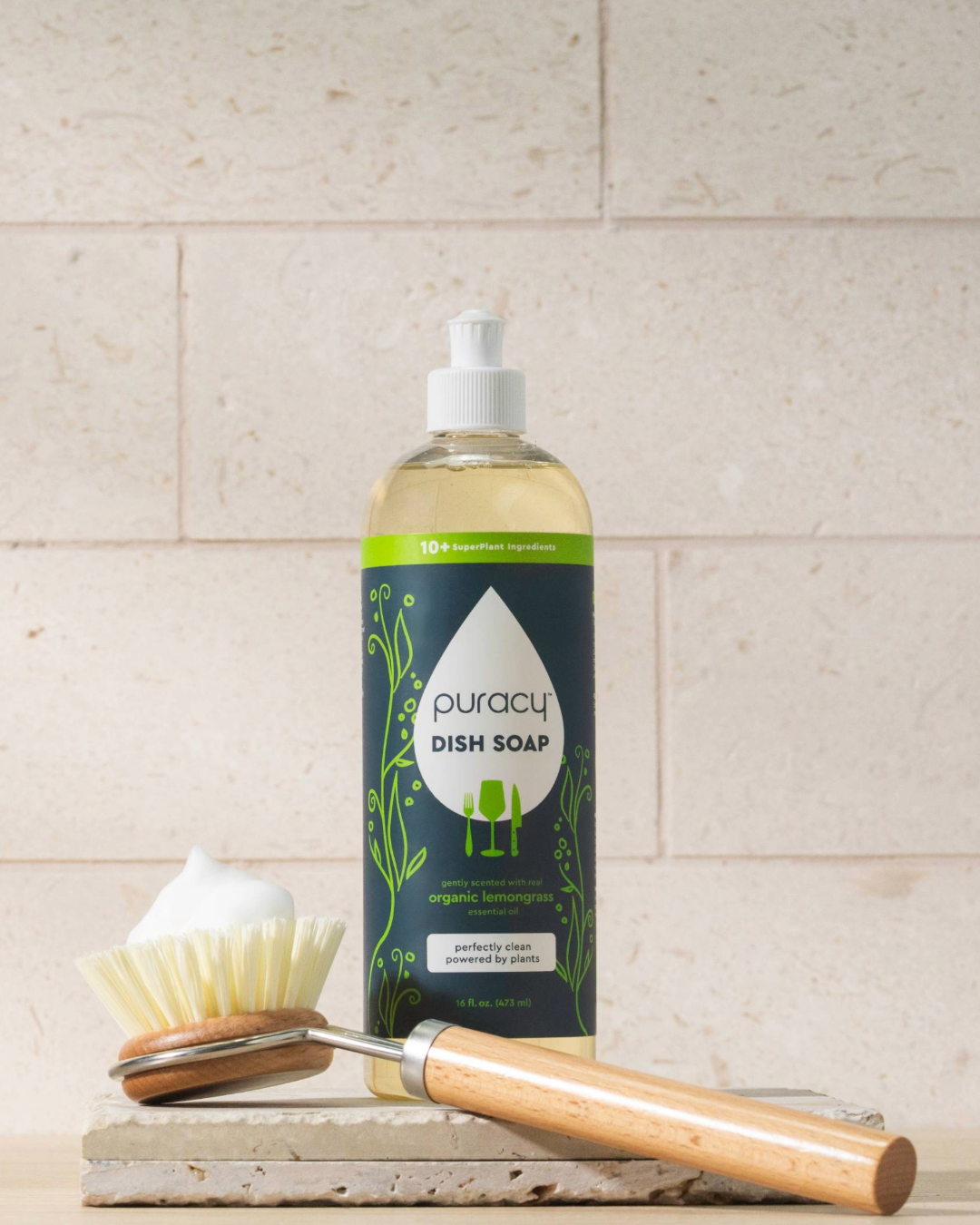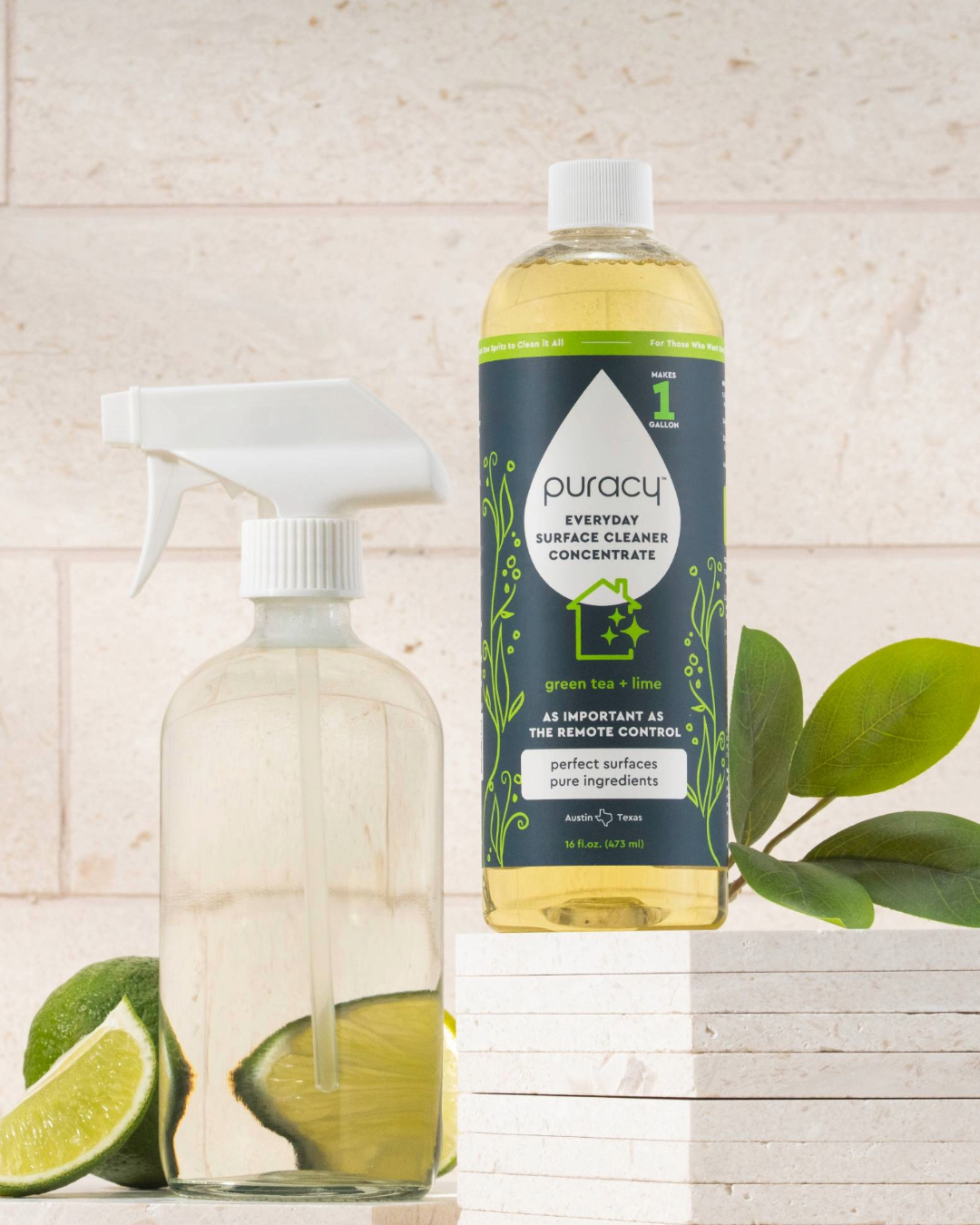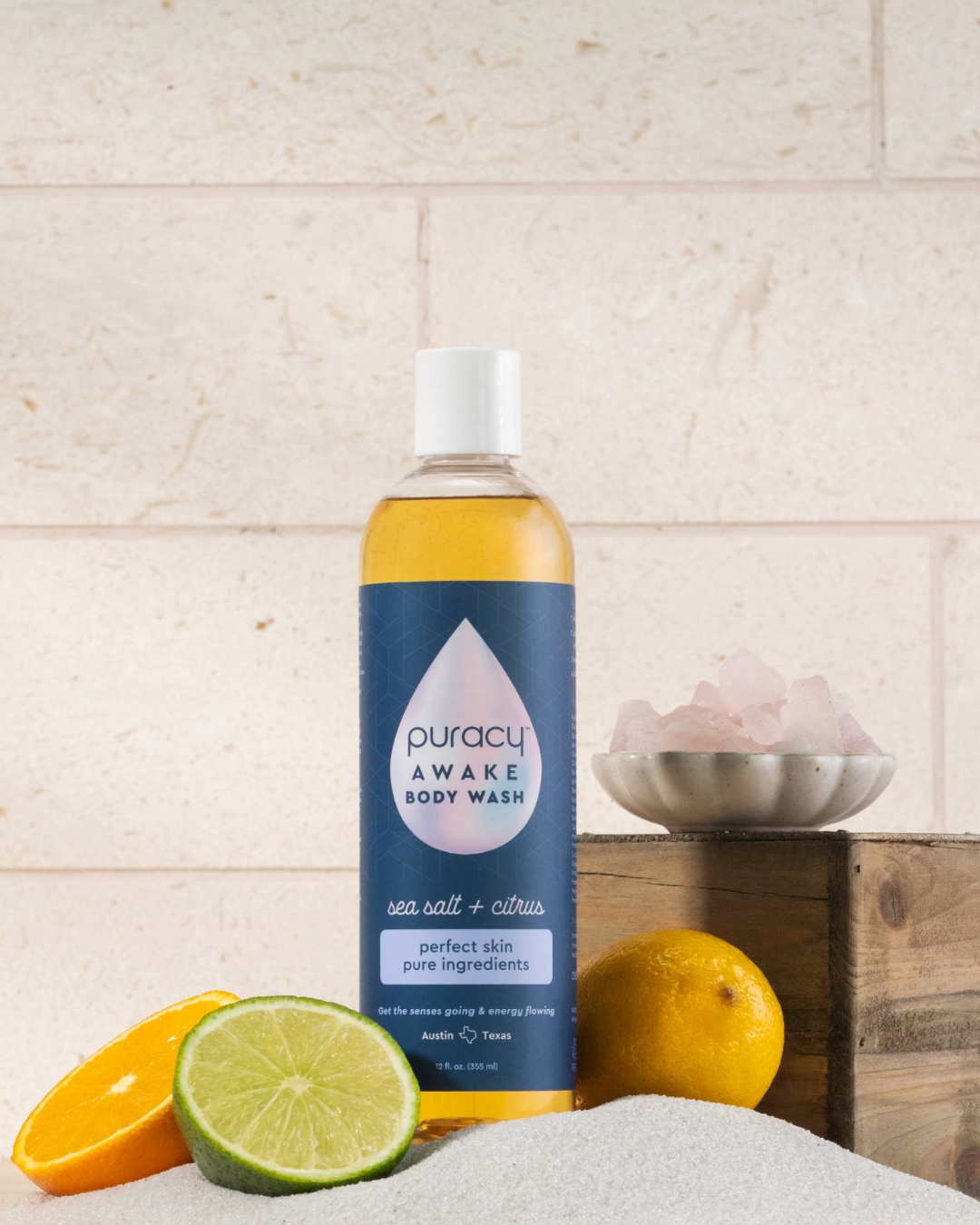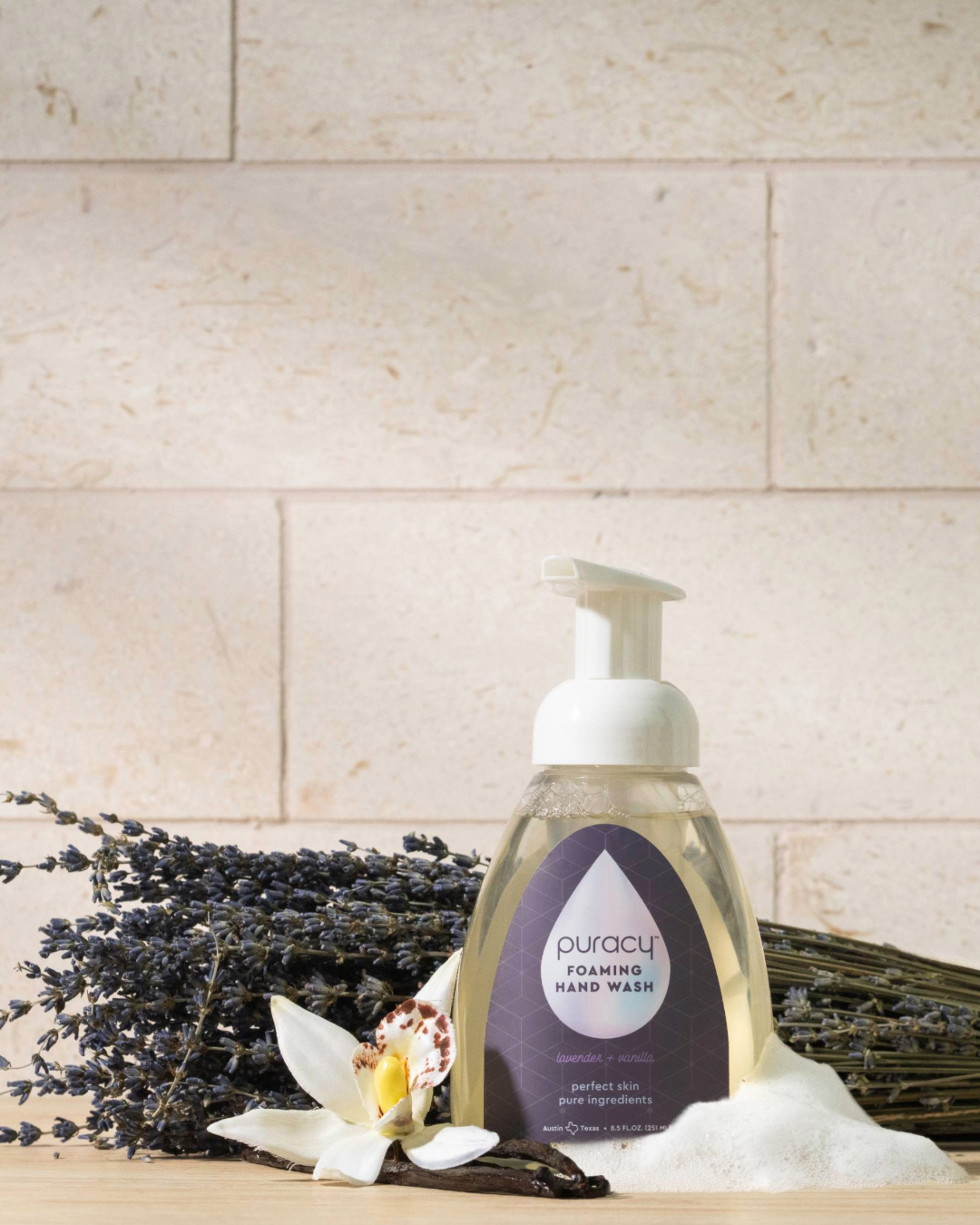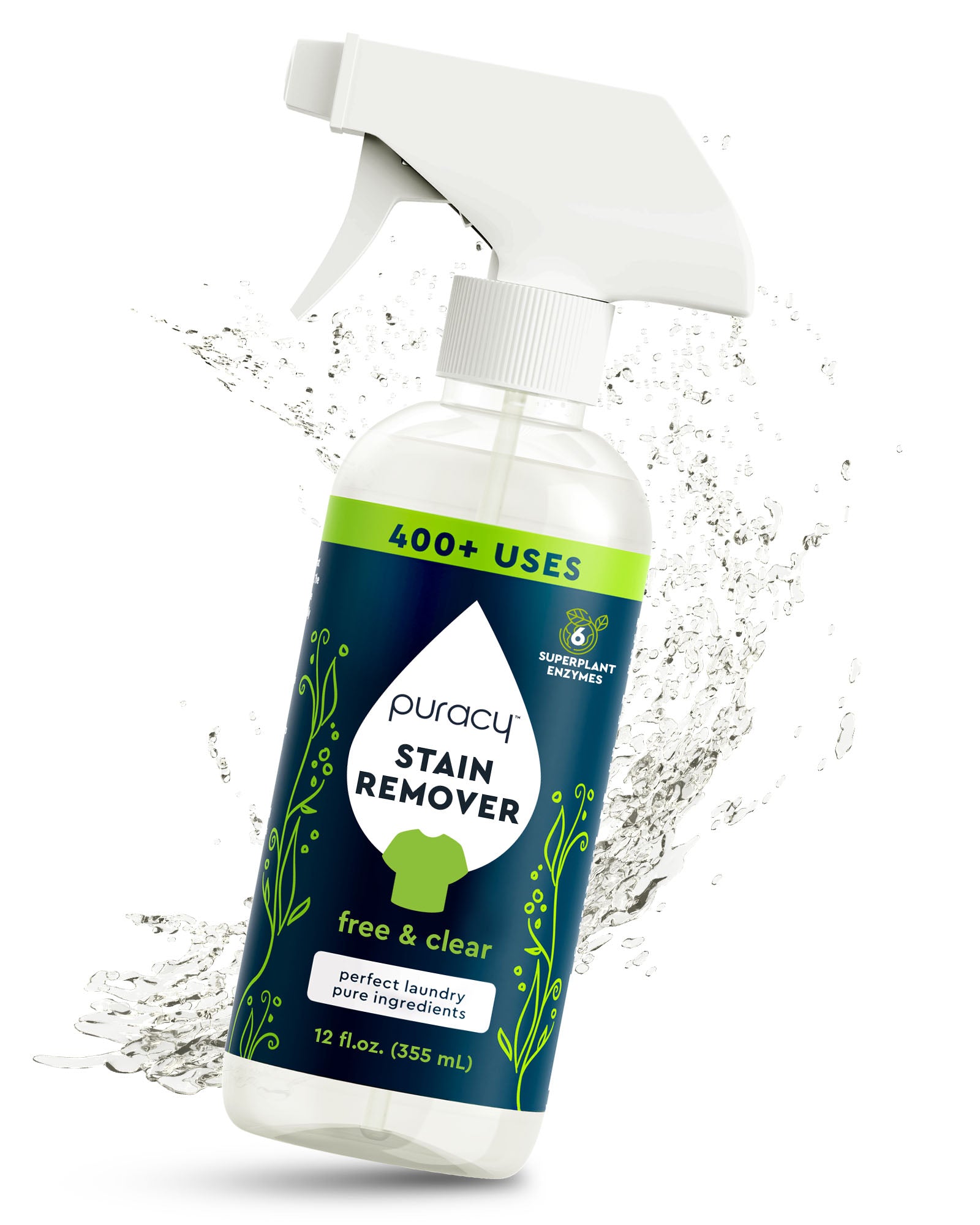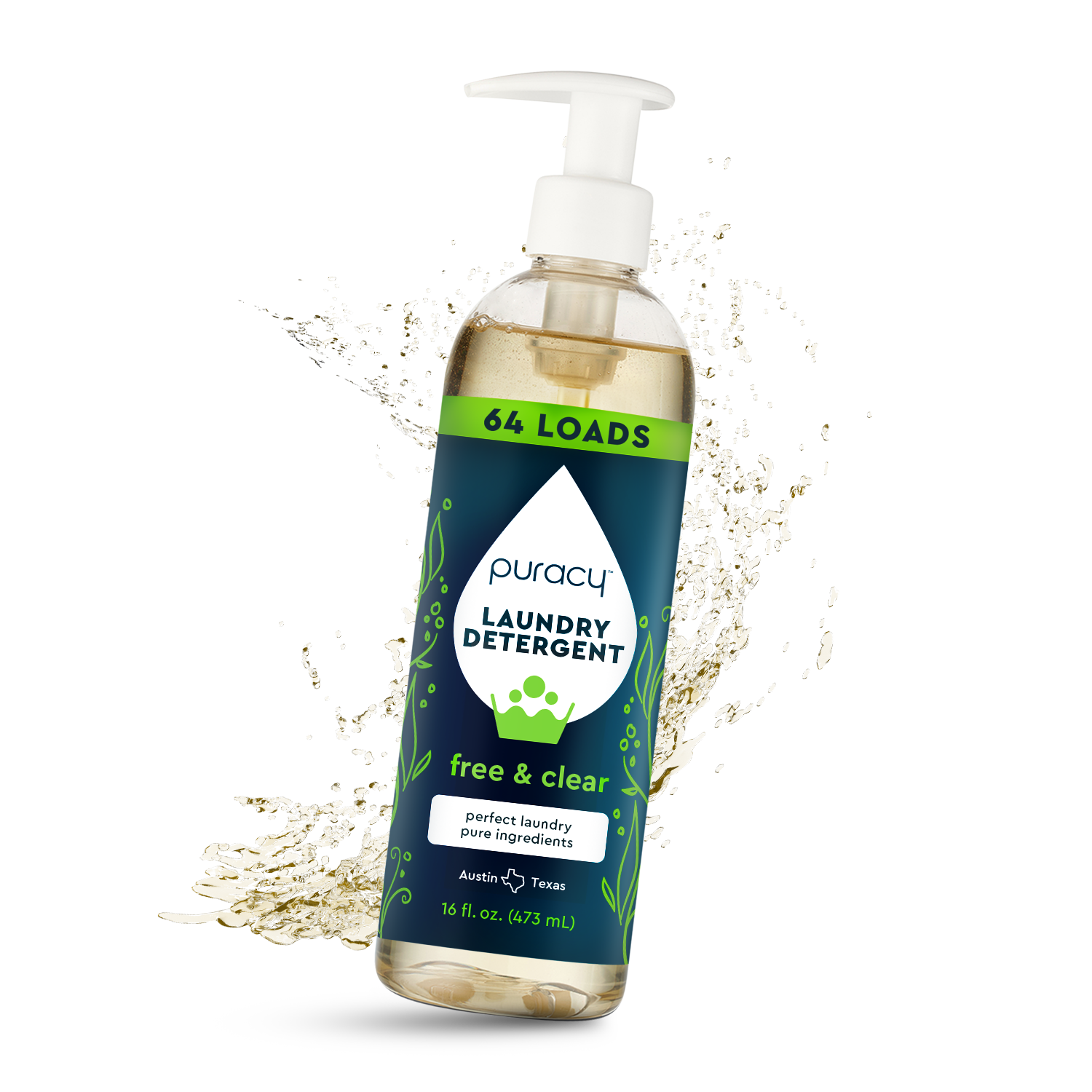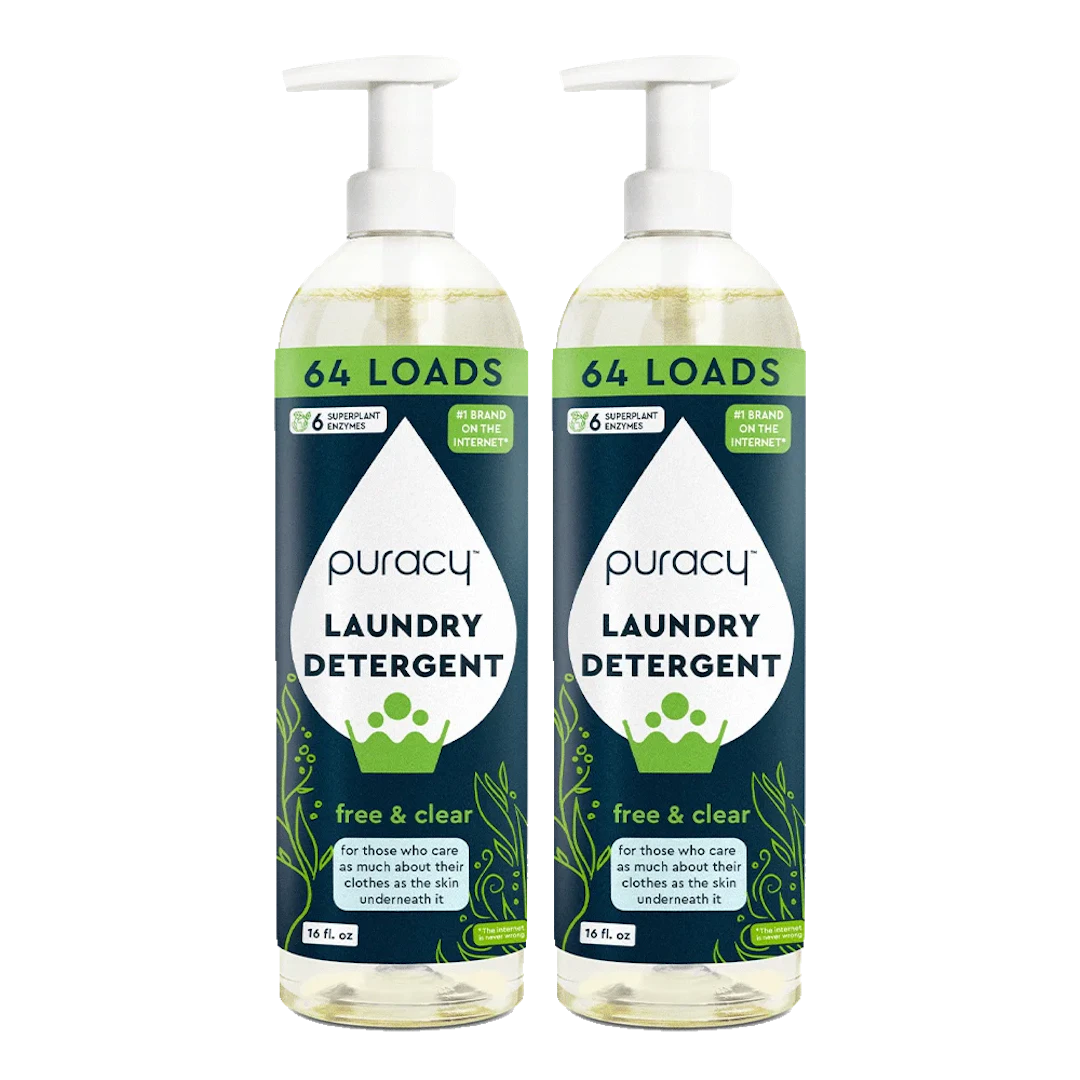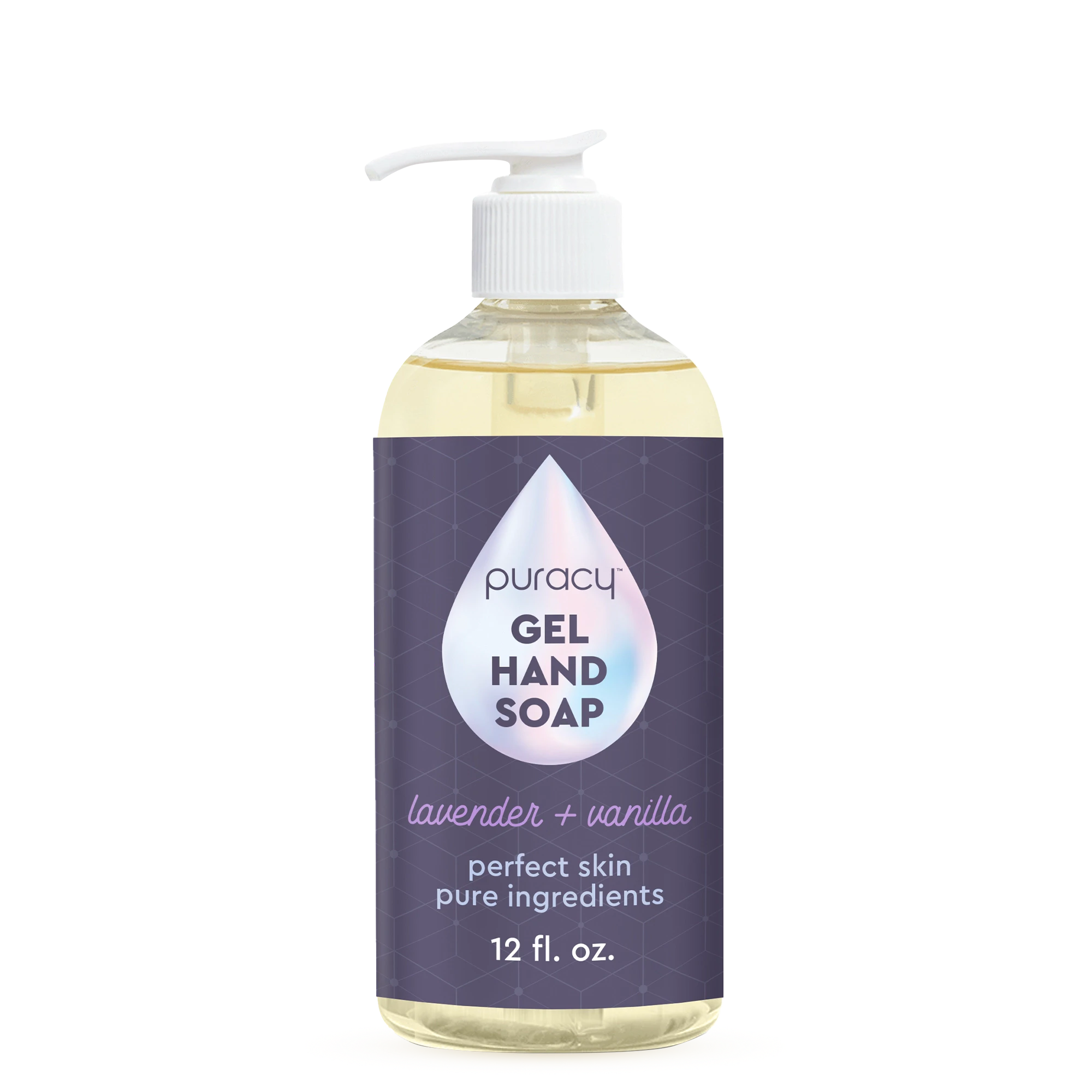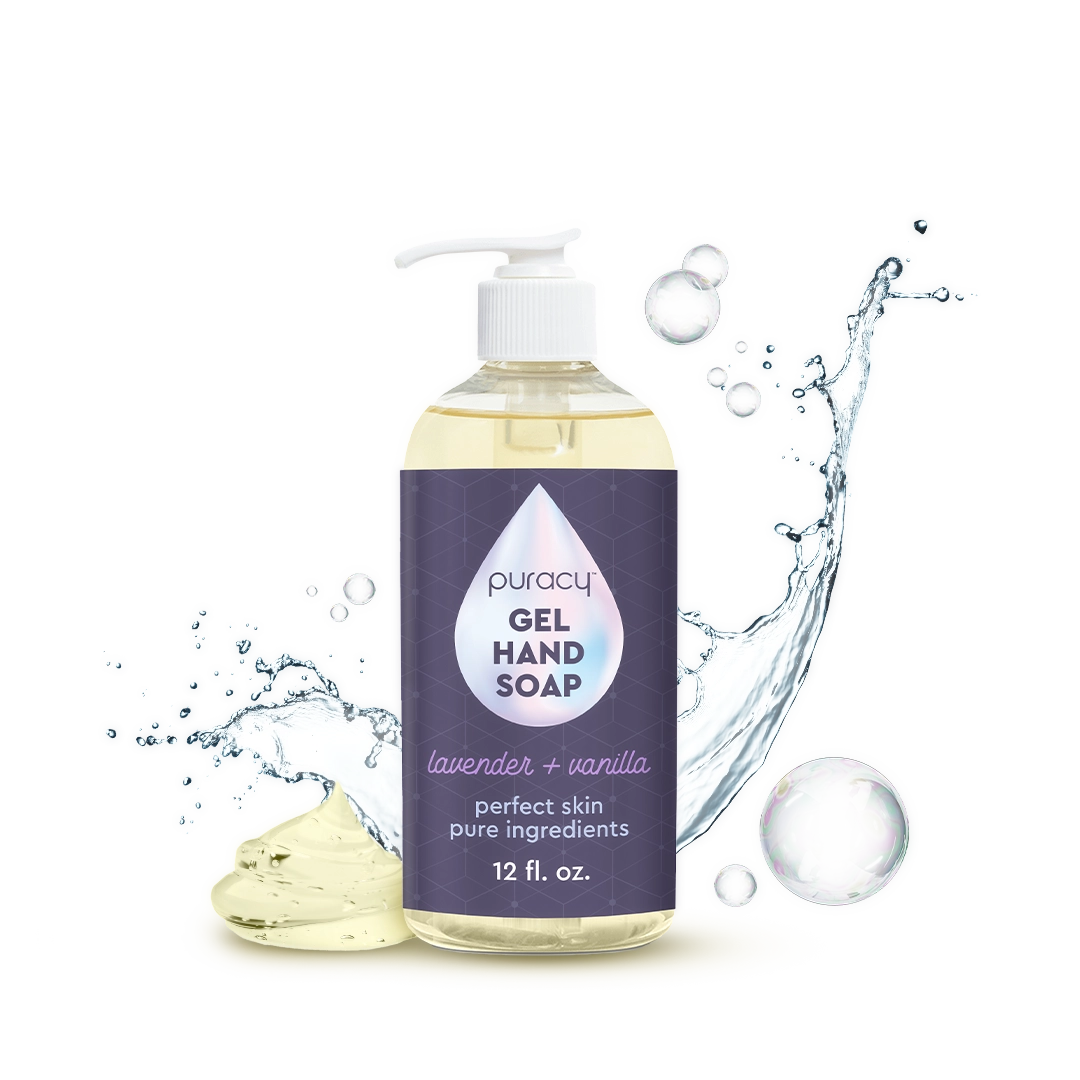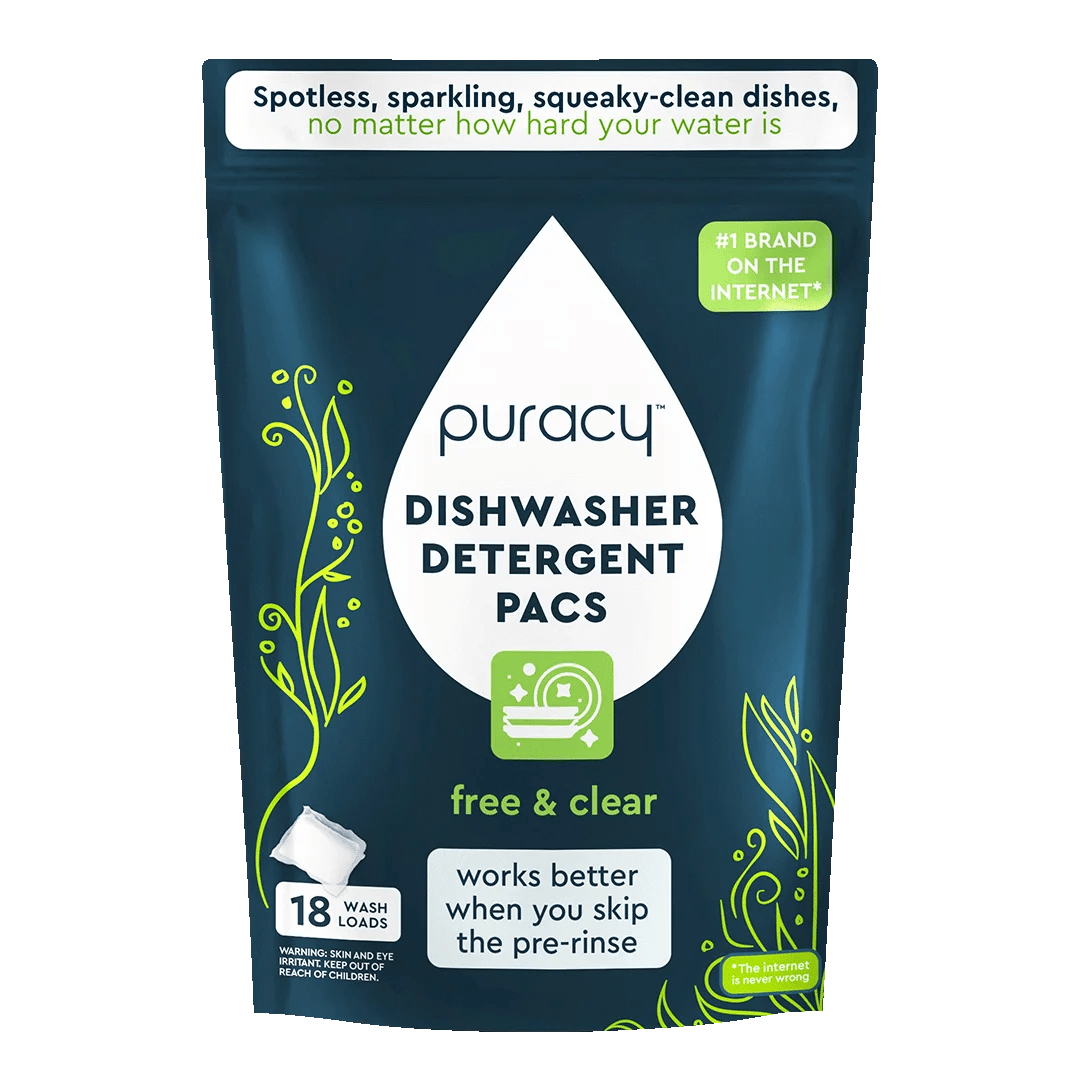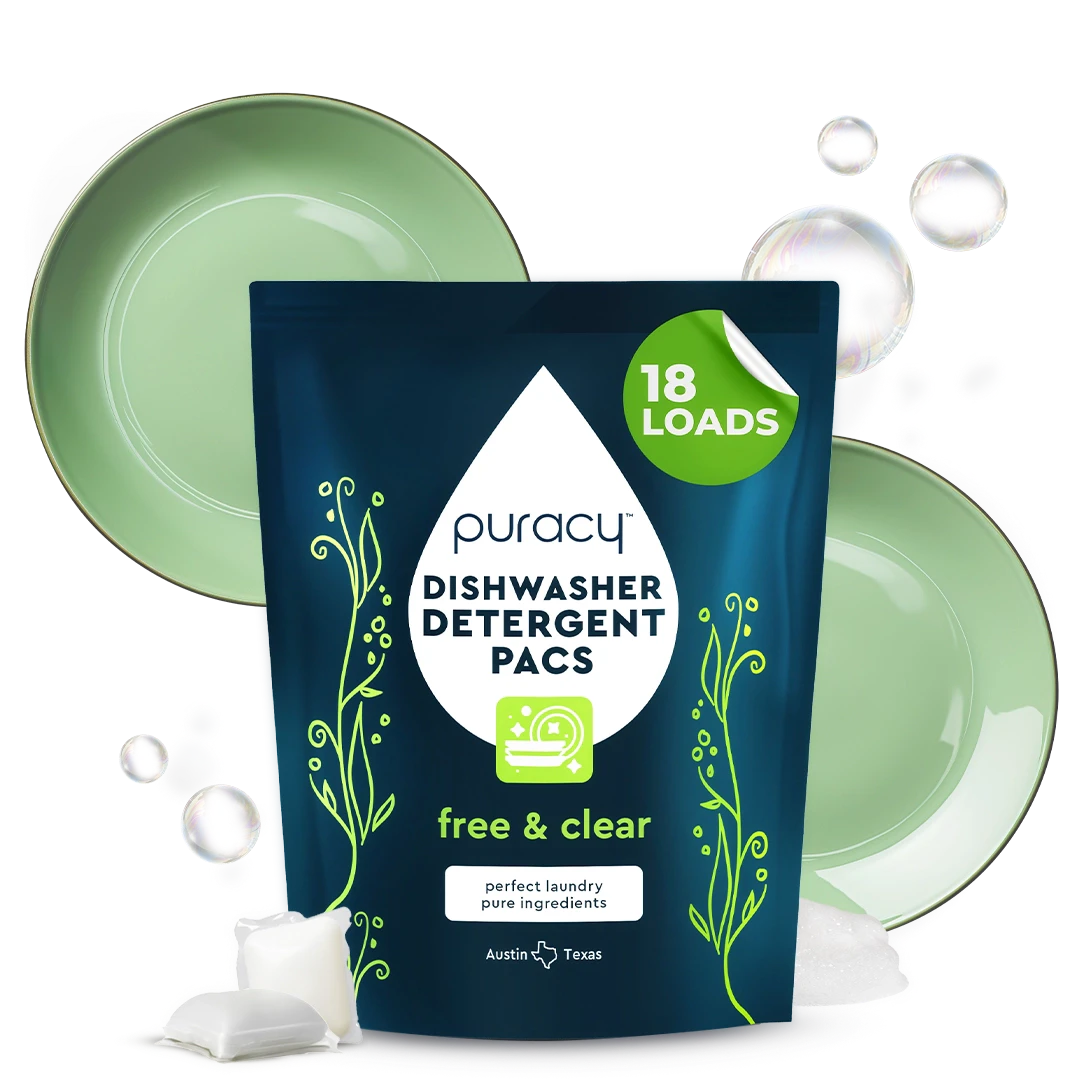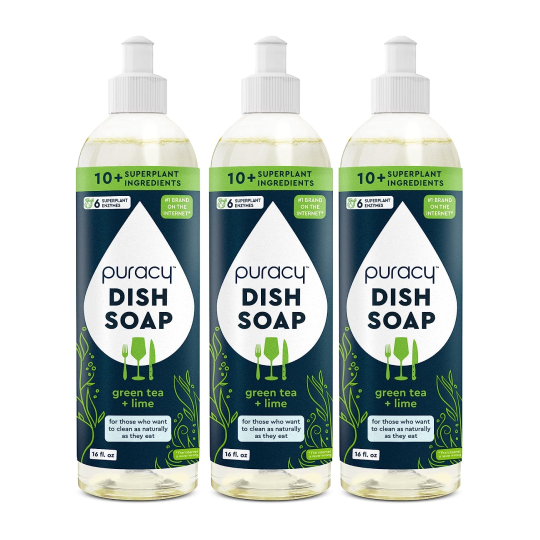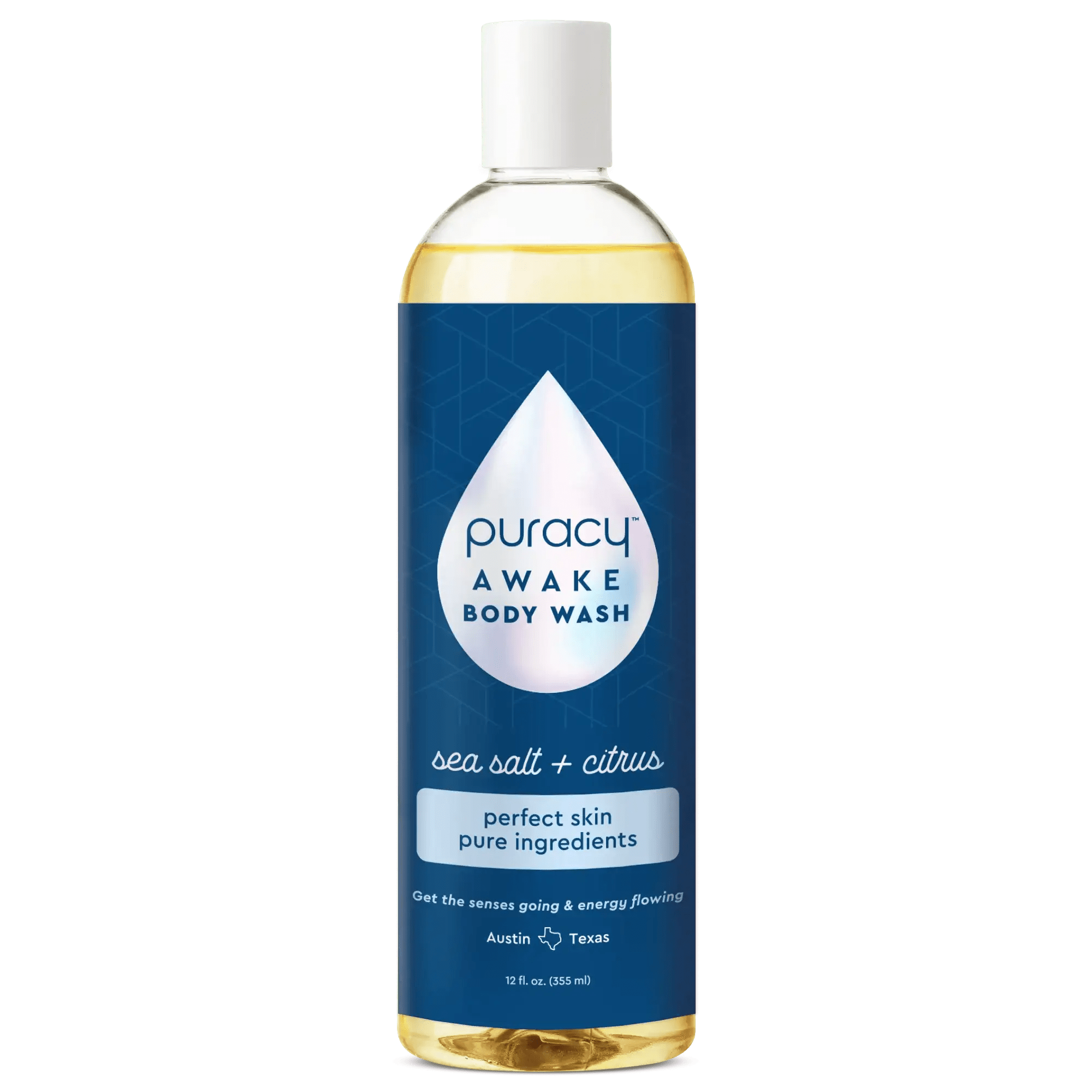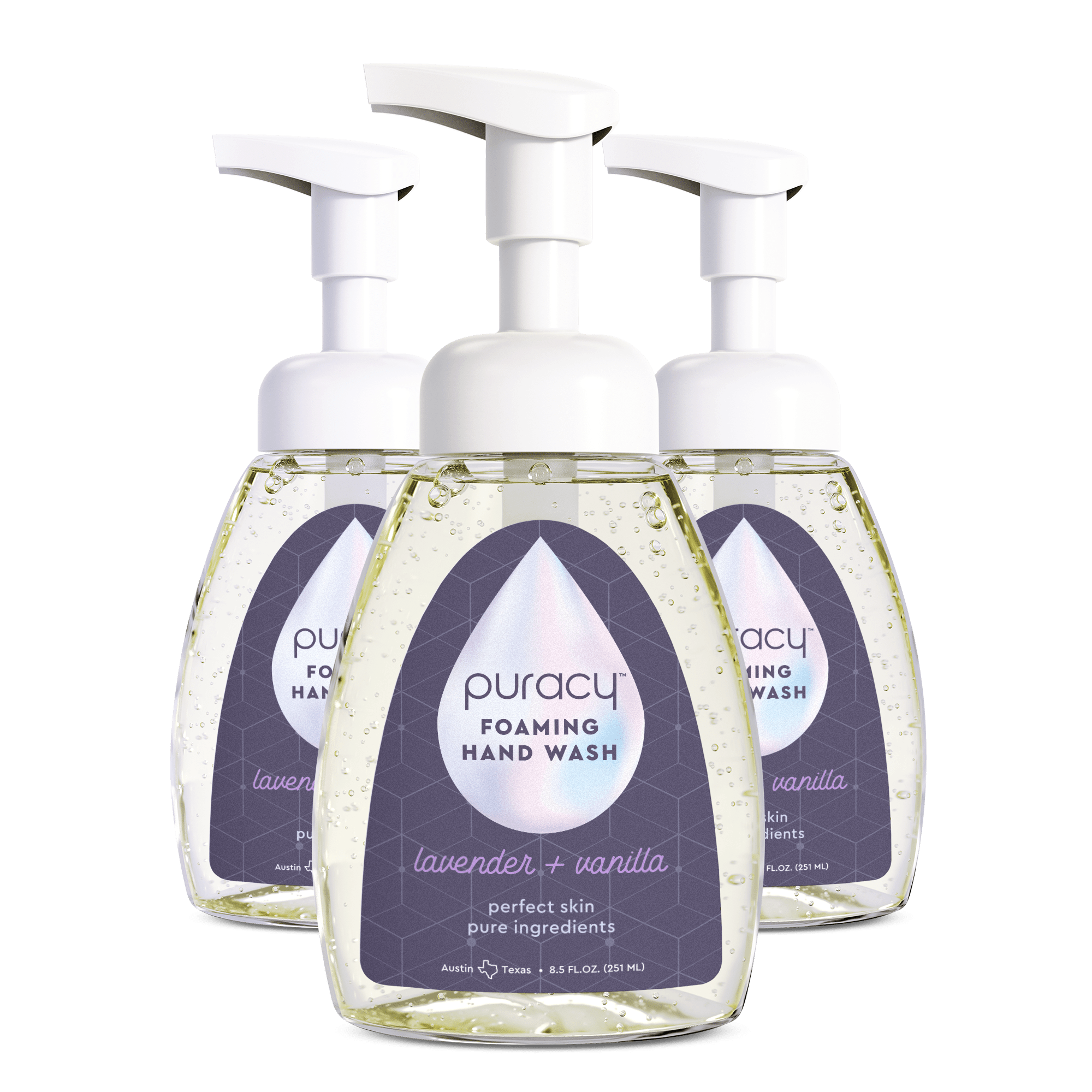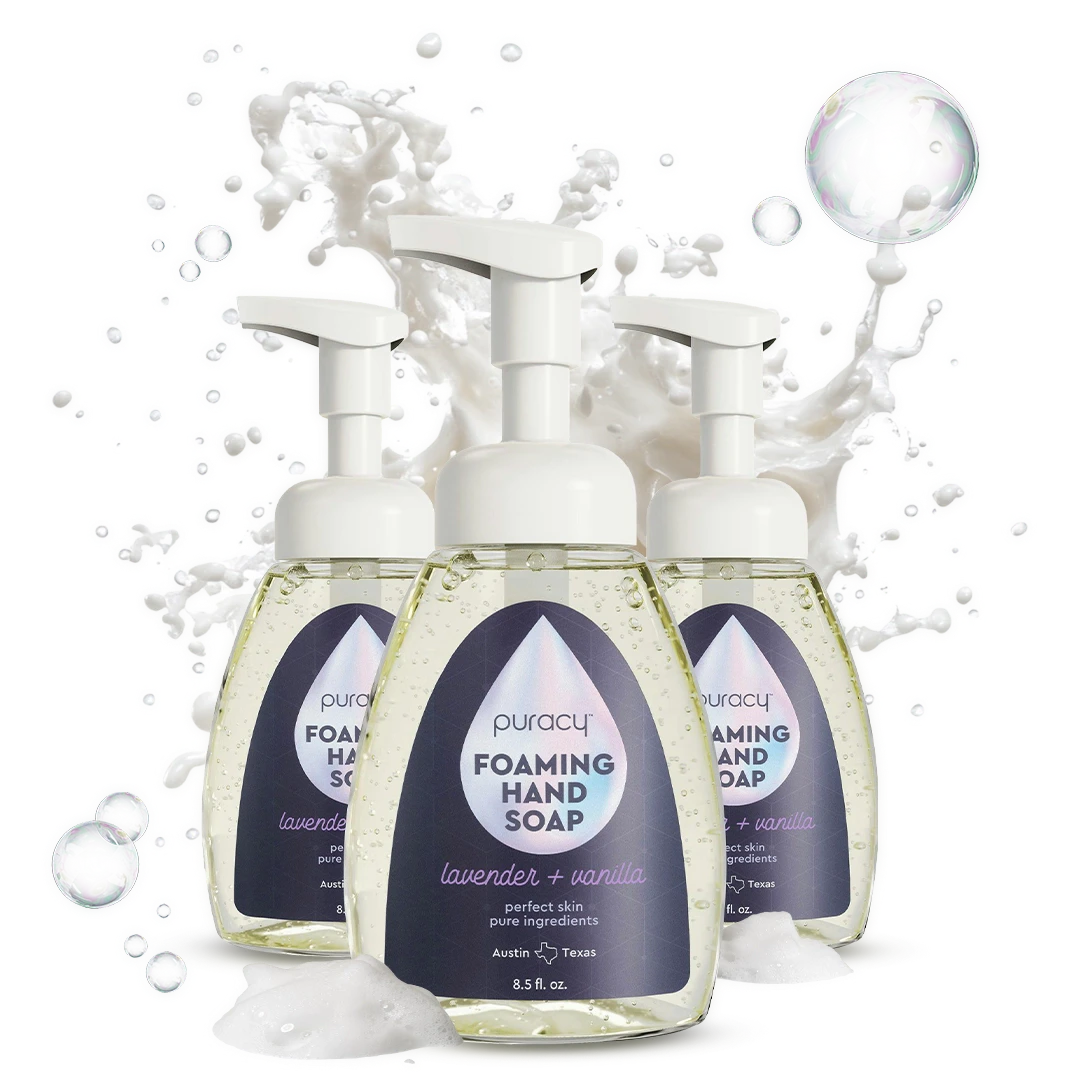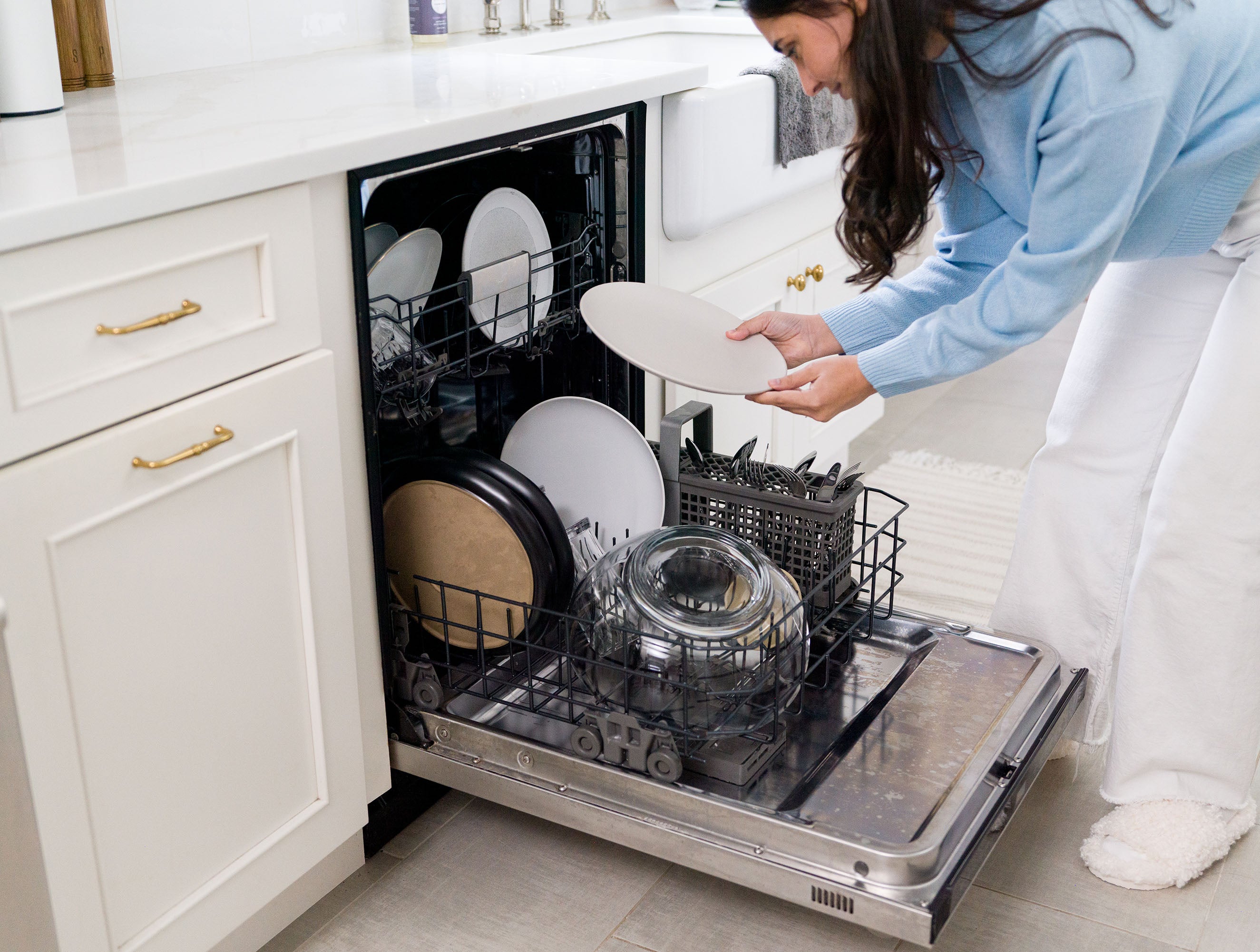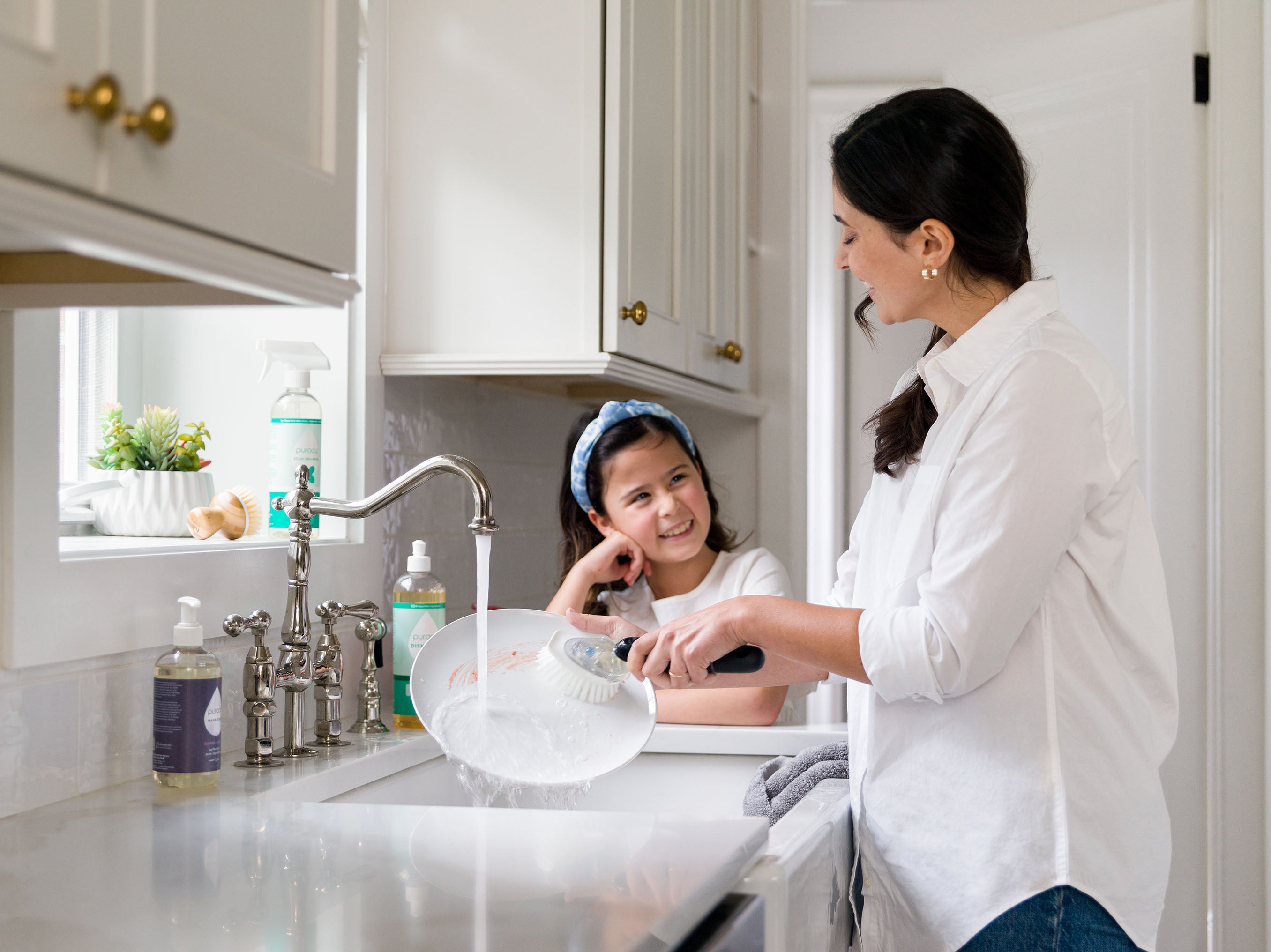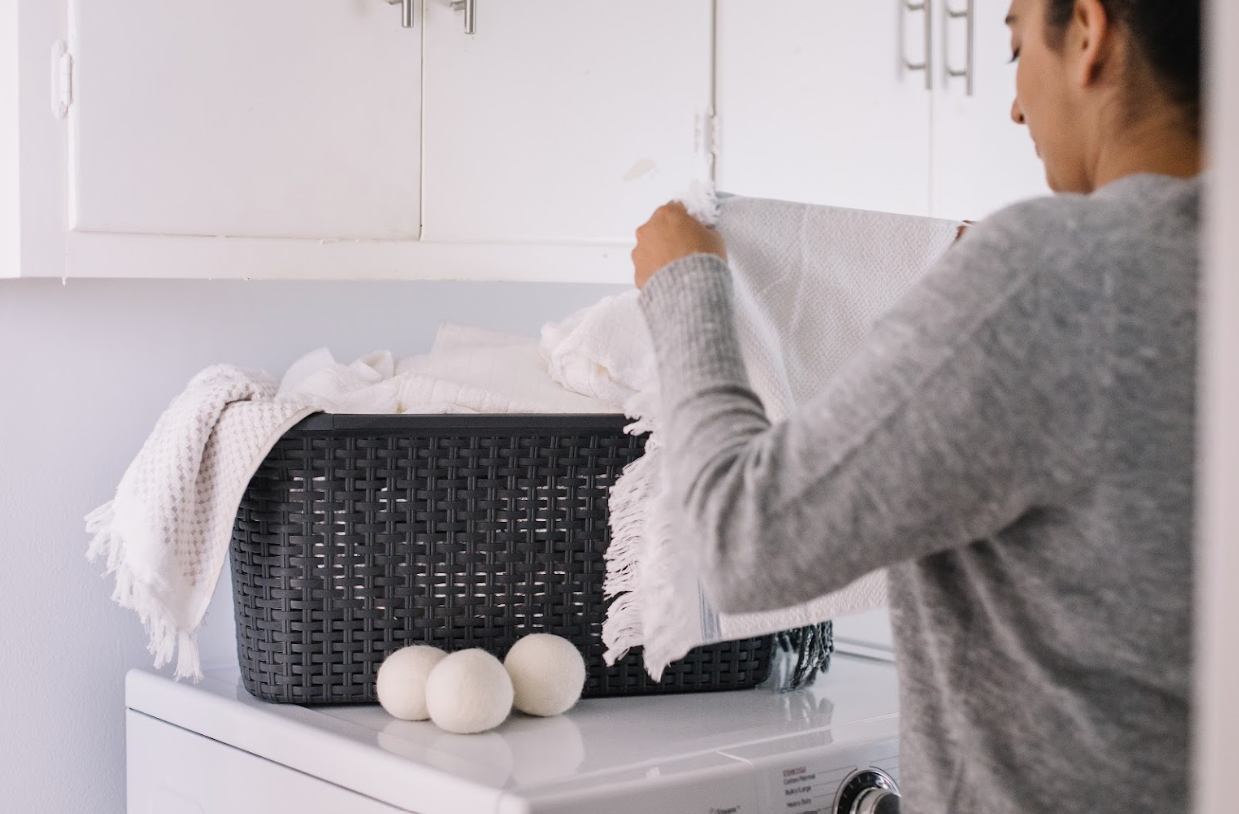
How Cleaning Can Help Ease Stress and Anxiety
Do you feel stress building when you're behind on cleaning or clutter piles up? Keeping a tidy home can indeed help you manage stress and anxiety, so learn how to build healthy cleaning habits as well as how clutter and mess can negatively affect your mental health.
Learn how a clean home can be beneficial for alleviating daily stress and anxiety.
-
Endorphin Release
There are certain physical activities that can release endorphins, and for many, that includes cleaning. Simple routines, such as doing the dishes or organizing a shelf, can be less of a chore and more of a way to find stability and order.
-
Boosting Your Mood
Research has been done on how clutter can lead to feelings of stress and anxiety. Quickly tidying your deskspace or a messy countertop can instantly improve your mood and even help with productivity.
-
Positive Scents and Fragrances
If a pile of dirty, smelly laundry or a funky refrigerator is leaving you stressed or anxious, there may be a reason. Certain smells and fragrances can reduce (or increase) stress, and cleaning to restore pleasant or positive smells can help improve your mood.
-
An Outlet for Control
Cleaning can also be a way for people to regain control, even if it's a smaller environment such as a tidier bedroom or an organized bookshelf. The act of cleaning or tidying can be an outlet for stress as this ritualized behavior can even soothe some people.
-
Cleaning as a Team Effort
In a busy household, it can be less stressful when cleaning is considered a team effort. Getting kids involved with age-appropriate chores can minimize stress involved with certain tasks, as well as instill healthy cleaning habits for the future.
The Psychology Behind Clutter

Learn how a messy, disorganized household can have an impact on your mental health.
-
Higher Cortisol Levels
A study done by the The Journal of Personality and Social Psychology found that for some people, a cluttered home led to an increase in cortisol, known as the "stress hormone." Whether stress is being caused by the mess or the need to clean the mess, clutter can leave these people anxious and out of control.
-
Lowered Productivity
Constantly dealing with a messy home can, over time, wear out your cognitive functions. Whether you're dealing with a messy desk or a messy living room, this order can distract you and keep you from working or focusing.
-
Fatigue and Depression
Not only does clutter make a home difficult to live in, but it can also exacerbate feelings of fatigue and depression. It can often serve as a reminder of all the unfinished tasks and chores you have yet to accomplish, resulting in anxiety from even beginning to clear away the clutter.
Five Tips For Building Healthy Cleaning Habits

Follow these suggestions for maintaining habits that will help keep your home uncluttered with minimal stress or anxiety.
-
Stay Organized with a List
If you’re feeling overwhelmed by cleaning, break down tasks into a manageable daily schedule. Having an easy list to follow will keep your home tidy and organized throughout the day, making the need for a giant, deep clean less frequent.
-
Distract Yourself
If you're not a fan of washing dishes or folding clothes, find a way to make time pass quicker, whether it's by listening to a podcast or having your favorite show on in the background. Not every chore will be fun, but you can find ways to make it more enjoyable while you're doing it.
-
Clean Together
Stress can often come about through feelings of isolation or fatigue. Cleaning with your partner or with your family can help alleviate the stress. Whether you’re all working together to tackle the kitchen or assigning the kids to clean their rooms, cleaning together can make a task less overwhelming and more enjoyable.
-
Tackle Clutter Easily
Misplaced clothes, toys, or papers can pile up quickly. Keep a basket or container in each room specifically for mislaid items that need to be put back in their proper place. At the end of each day, clear out each basket to ensure everything is returned. This way, clutter doesn't build up, and there's a system in place for your family to deal with misplaced property.
-
Keep Cleaning Goals Realistic
Life is hectic, and we can't always complete everything on our to-do lists. Adjust your cleaning goals according to your schedule. Don't have time to deep clean your kitchen every month? Do small daily tasks to keep it tidy and free of clutter. You can also delegate bigger tasks to other family members, or if possible, enlist outside help.
Constructive Cleaning vs. Compulsive Cleaning

Enjoying cleaning for its daily ritual and de-cluttering can be great, but be sure you aren't compulsively cleaning to an unhealthy level. If you feel the urge to clean due to obsessive thoughts or feel that it is interfering with other aspects in your life, consider speaking to a therapist or doctor to help guide you towards healthier habits.
Beat Stress and Clutter with Natural, Plant-Powered Formulas

If you're looking for help when it comes to daily tidying tasks or a big deep clean, Puracy's effective, naturally derived formulas ensure your home is spotless while also being gentle on the most sensitive skin. From our Natural Stain Remover to our Natural Hand Soap, we make sure cleaning is safe for everyone in your household.
